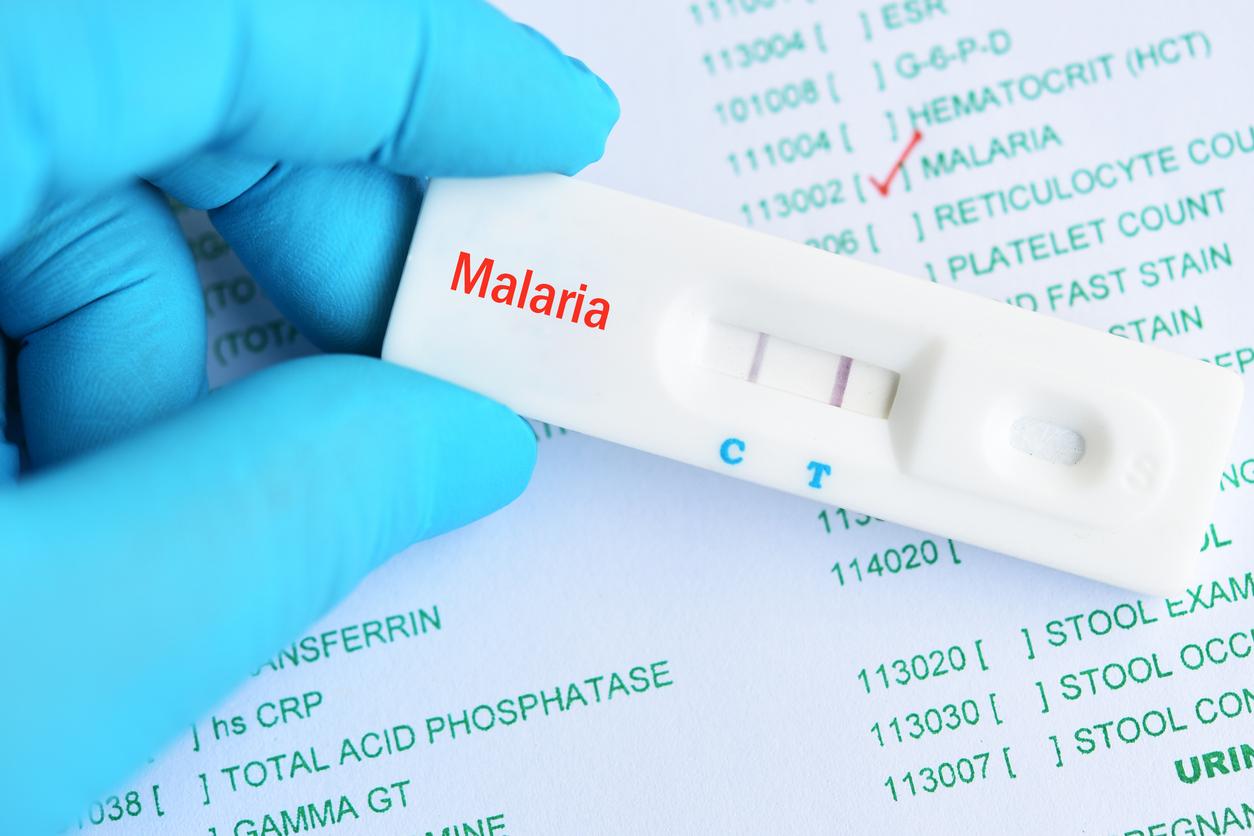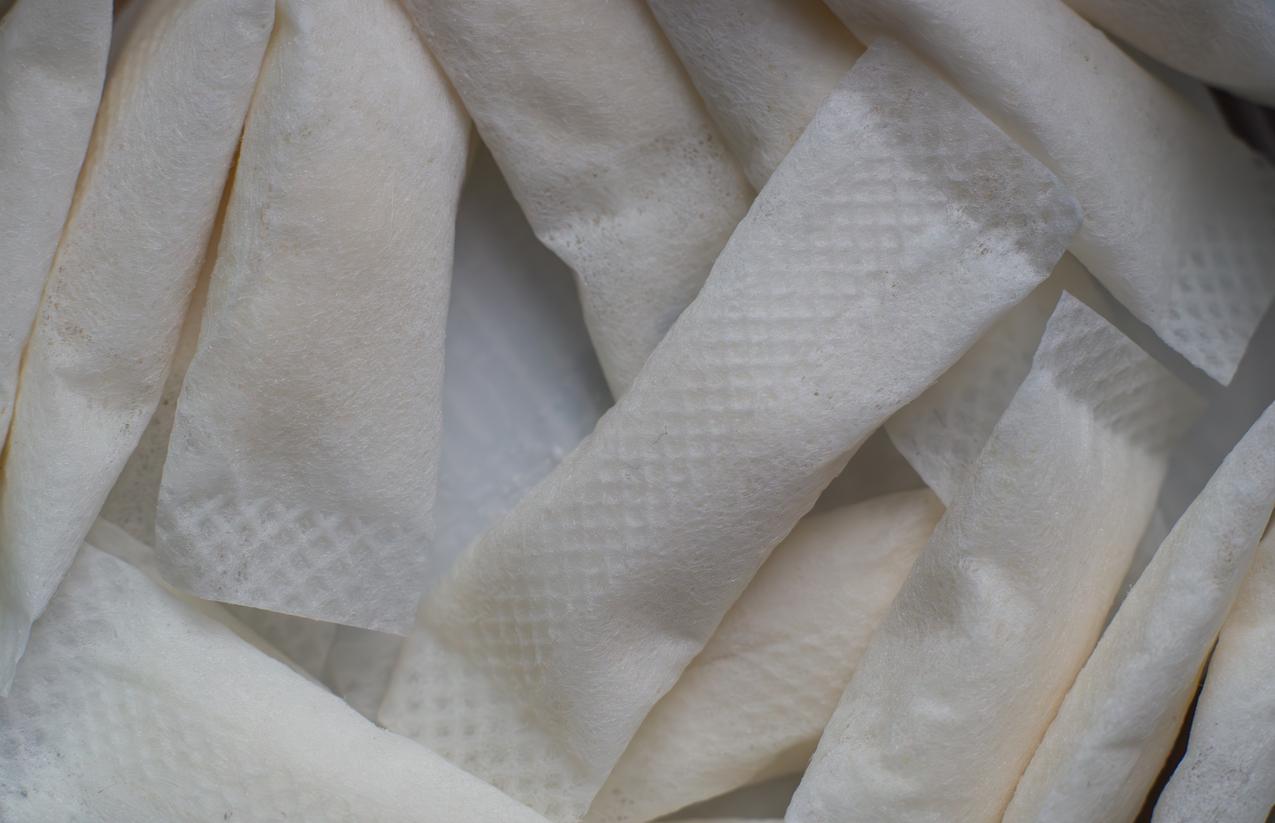
The National Agency for Food, Environmental and Occupational Health Safety (ANSES) warns of the dangers of this substance. Its use in some countries represents an alternative to bisphenol A, yet it is also a “Substance of very high concern”.
Bisphenol A is a chemical substance used to make polycarbonate, a material that is involved in the composition of many food plastics (recyclable bottles, cans, sales receipts, etc.). This substance acts as an endocrine disruptor, that is to say that the molecules it contains mimic the action of estrogen and make certain organs believe that it is the hormone produced naturally by the body. . Bisphenol A is suspected of worsening several cancers, diabetes or obesity.
“Bisphenol B has endocrine properties similar to this substance (bisphenol A), even slightly more pronounced”.
In his press release published on March 9, the National Agency for Food, Environmental and Occupational Health Safety (ANSES) sounded the alarm and warned of a biologically plausible link between endocrine activity and harmful effects (reduction in production daily sperm, decrease in the relative weight of male reproductive organs). More seriously, it would be responsible for serious disturbances of the endocrine system in babies, at the origin of precocious puberty in girls.
Coming soon to Europe?
The United States and other countries are resorting to the use of bisphenol B (“where it is registered as an indirect additive for certain coatings and polymers in contact with food”). Concerning the countries of the European Union, bisphenol B is banned by manufacturers. Even if ANSES fears that they will adopt bisphenol B in the long term. The Agency therefore wishes “Oblige importers of consumer articles to declare its presence as soon as it exceeds a threshold of 0.1% in their composition” and include bisphenol B in the European REACH Regulation, just like bisphenol A.

















